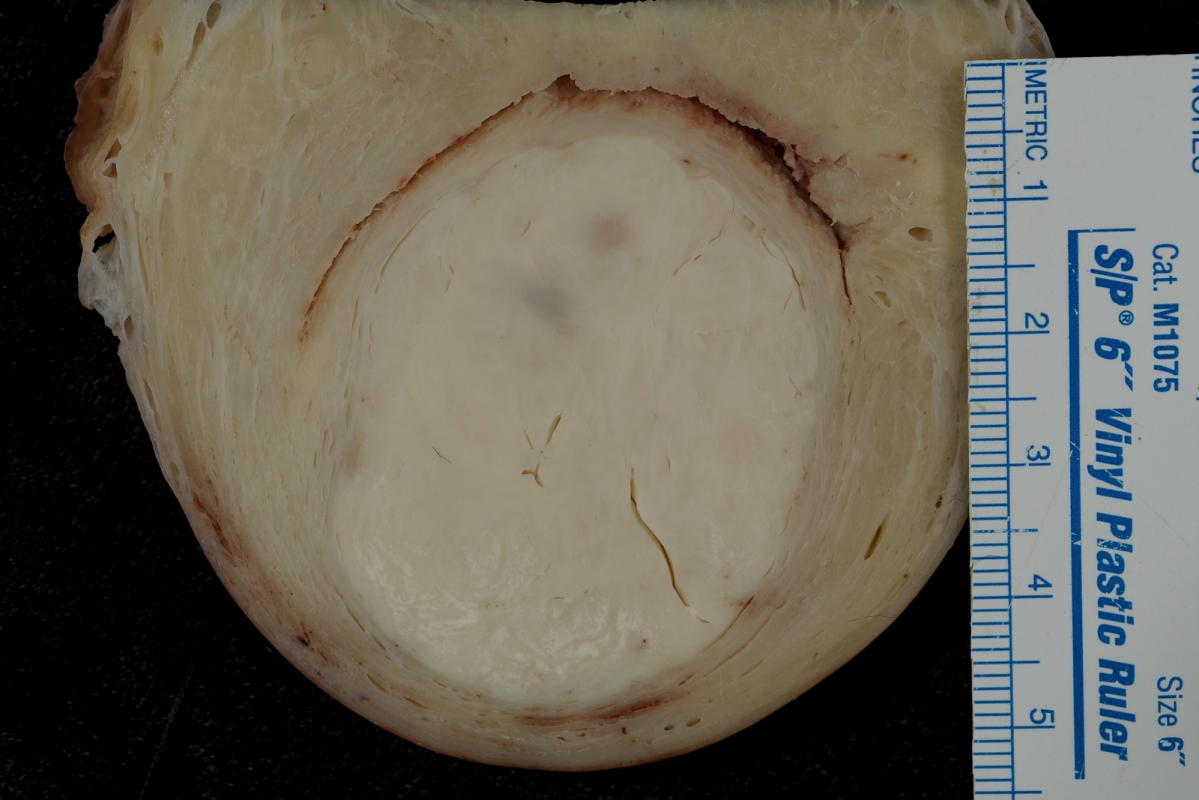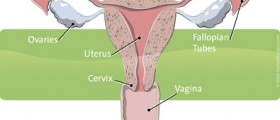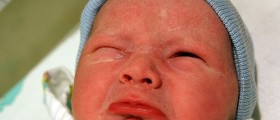Most women have heard of uterine fibroids, because they are fairly common. But what exactly are they? What are the symptoms women with fibroids experience, are uterine fibroids dangerous, and do they need treatment? And what should you know about uterine fibroids and trying to conceive or being pregnant?

Uterine fibroids are muscular growths that can occur within the uterus. They are non-cancerous in almost all cases, and can be small or large, and only one or many can be present in the uterus at one time. Many women have uterine fibroids at some point during their lives (according to some estimates, as many as 80 percent!), and they may or may not be aware of them. Fibroids can grow within the uterine wall, stretch out of the uterine wall on stalks, like mushrooms, and can even grow outside the uterus as well.
Many women who have fibroids notice no symptoms at all, and won't find out about their uterine growths unless they have a coincidental OBGYN checkup. Those women who do have symptoms may notice heavy bleeding (during periods and outside of menstruation), a heavy feeling in the abdominal area, pain during sex and lower back pain, and an increase in the frequency of urination due to pressure on the bladder.
Fibroids can cause trouble in the reproductive sphere too. In very rare cases, uterine fibroids can render a woman infertile. During pregnancy, uterine fibroids can cause complications including placental problems and preterm labor. The problems don't stop at childbirth women with large uterine fibroids are six times more likely to have a c-section, perhaps because their babies are also more likely to be breech.
One friend of mine, who was planning to have a homebirth, labored for almost 24 hours before going to hospital and having a c-section. Shortly after her baby was delivered, the medical team found huge fibroids in her uterus that was the reason her baby wouldn't descend into the vaginal canal right there!
So, women of childbearing age have several good reasons to find out if they have uterine fibroids. But, some groups are more likely than others to get uterine fibroids. Let's take a look at the risk factors:
- Older women are more likely to have fibroids than younger ones.
- African American women are at a higher risk of fibroids.
- Obesity is a risk factor.
- Those with a family history are also more prone to getting fibroids.
















Your thoughts on this
Loading...